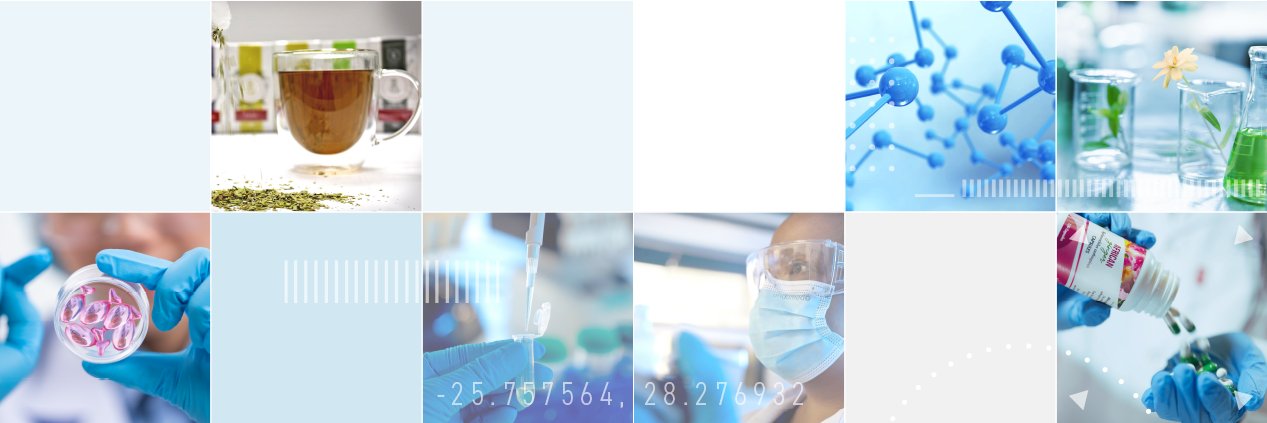Using indigenous knowledge for health and wellness innovation in South Africa
Indigenous knowledge systems are the knowledge, practices and ways of thinking that local communities have developed over generations of living in a particular environment.
The Department of Science and Innovation recognises the potential socio-economic benefits of commercialising indigenous knowledge and using it to drive innovation in sectors such as healthcare, agriculture and sustainability in South Africa.
This is always done working fairly and meaningfully with communities.
By encouraging ethical research, product development and entrepreneurship around indigenous knowledge, we aim to help uplift marginalised populations while unlocking powerful new solutions that blend cultural heritage with cutting-edge science and technology.
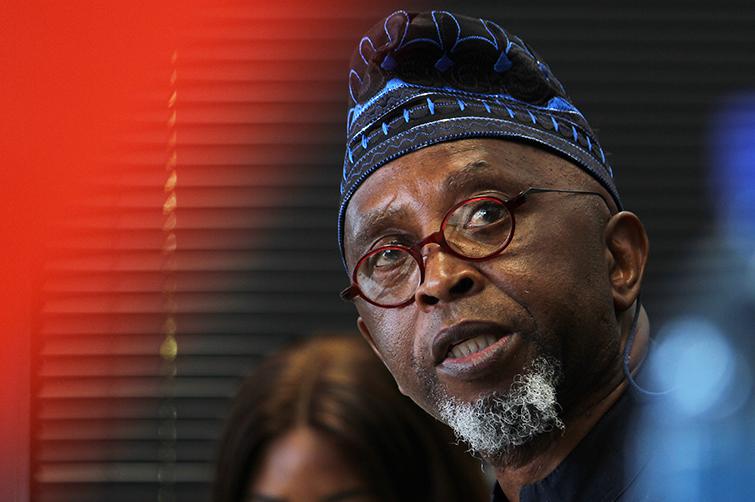
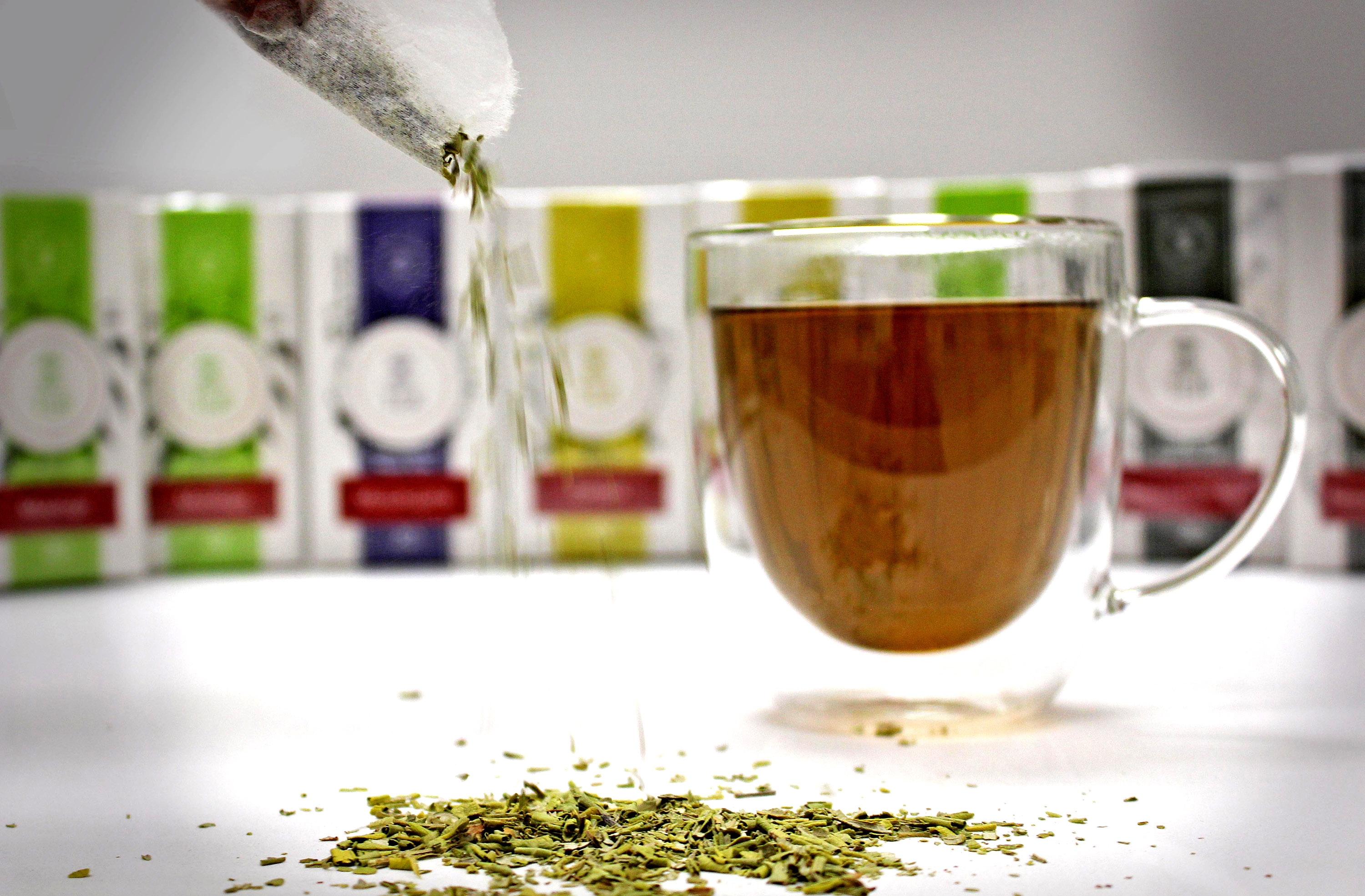
What is indigenous knowledge and why is it valuable?
Indigenous knowledge systems are the profound wisdom developed by communities over generations, deeply rooted in experience and continuously refined through centuries of practice. This dynamic and evolving body of knowledge is integral to the cultural fabric and environmental adaptation of communities worldwide. It encompasses a broad spectrum of domains, including agriculture, healthcare, environmental management, food preparation, conservation and education.
Indigenous know-how derived from centuries of lived experience equips communities to cultivate food, manage ecosystems and thrive, even in challenging environments. Communities have developed an intricate understanding of which crop varieties to plant, the optimal times for sowing, weeding and harvesting, and the identification of both beneficial and harmful plants.
Indigenous knowledge extends to the management of plant and animal diseases. Passed down through generations via oral traditions and cultural rituals, this knowledge has been the cornerstone of environmentally friendly and effective agricultural and health practices, and the preservation of biodiversity for millennia.
South Africa's indigenous knowledge systems are vibrant testaments to human ingenuity and resilience. They offer pragmatic solutions for sustainable living and resource management, underscoring the importance of preserving cultural heritage, advancing traditional medicine and promoting biodiversity.
South Africa is no stranger to innovation in this space. Supported by the Department of Science and Innovation (DSI), there are many cutting-edge initiatives taking place locally.
Particularly in marginalised communities, indigenous knowledge can serve as a catalyst for economic empowerment. It provides a solid foundation for the development of marketable products that are not only culturally significant but also economically beneficial.
By leveraging ancient wisdom, communities can forge a sustainable future that respects cultural traditions while embracing innovation.
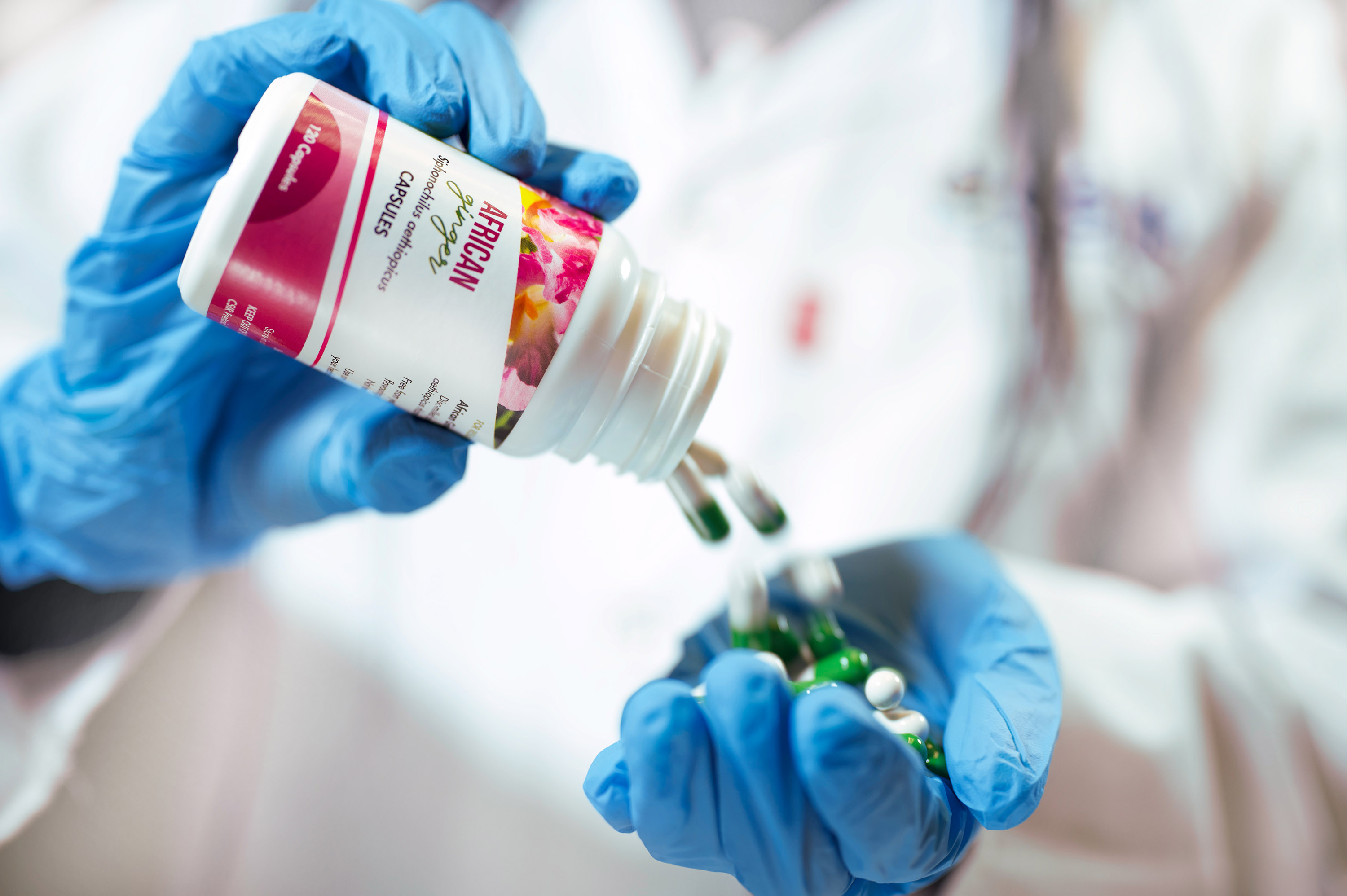
The rising recognition and protection of indigenous knowledge rights
The Department has long been a champion of indigenous knowledge and is the custodian of the Protection, Promotion, Development and Management of Indigenous Knowledge, 2019. The Act is about preserving indigenous knowledge and using it to bring the knowledge-holding communities into the mainstream economy. The Department continues to work with traditional knowledge holders to ensure the protection of knowledge against biopiracy.
There is a recognition of prior learning programme for traditional practitioners, which will make it easier to move between formal and long-held indigenous knowledge. The Department believes that it is vital for South Africa to recognise the value its rich heritage and allow communities to benefit from commercialising the wisdom of their forebears.
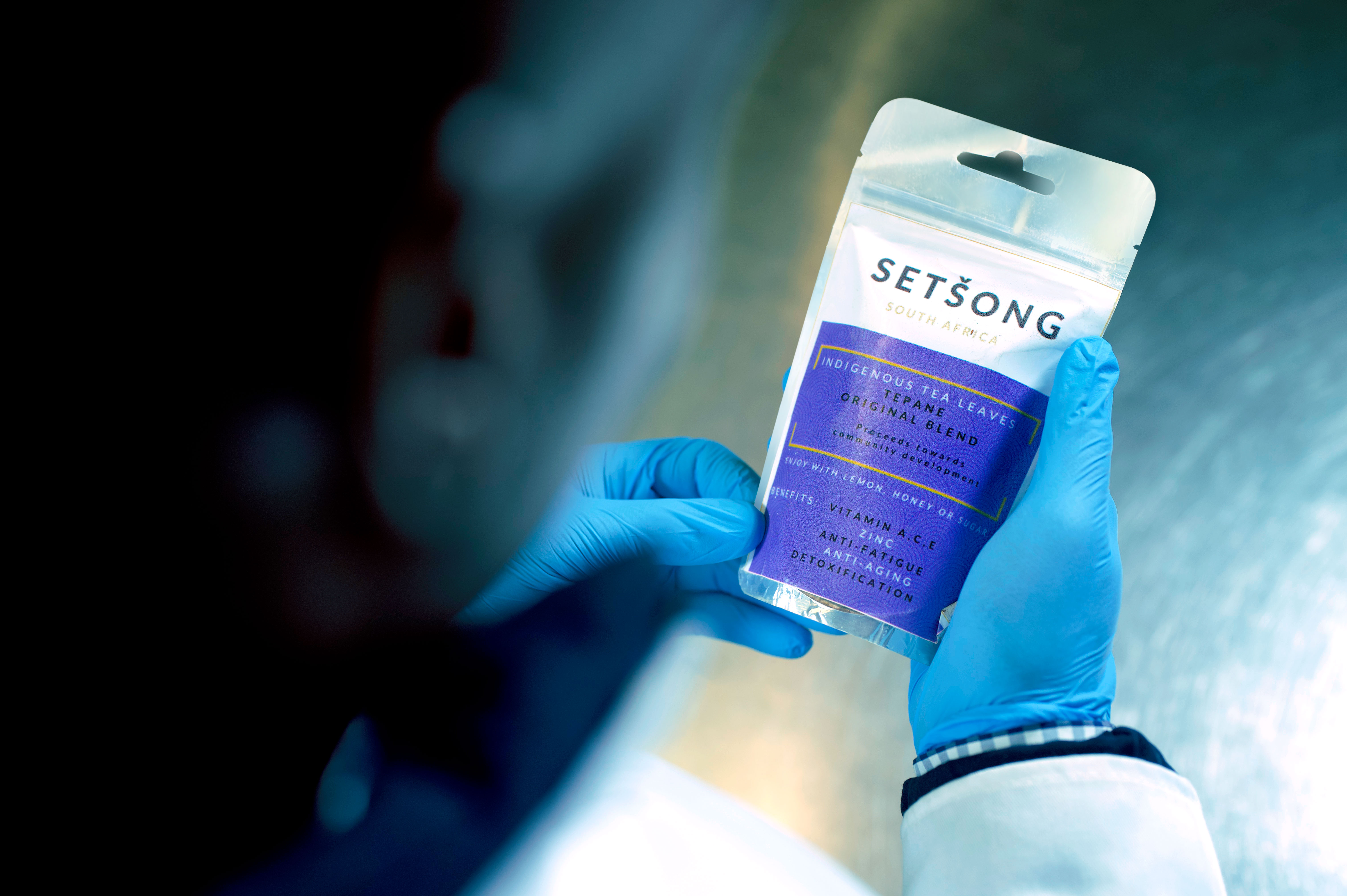
Setšong African Tea Crafters: Bringing traditional Pedi tea to the retail market
Setšong African Tea Crafters is a flourishing artisanal tea enterprise founded just three years ago by Ms Retang Phaahla. Applying indigenous Pedi knowledge, the small business handmakes premium infusions using wild-harvested African flora indigenous to the Limpopo region.
What began as a community heritage preservation effort through Siyaphila Youth Support Services has blossomed into a commercial success story. When Phaahla's mother and other village elders realised the therapeutic potential of their tasty traditional teas, they saw an opportunity to elevate their ancestral wisdom into a viable business.
Partnering with the communities of Ga-Phaahla and Ga-Matlala Ramoshebo, Setšong African Tea Crafters now manufactures a range of eight artisanal infusions created by local producers from Limpopo's natural botanical riches. By marrying indigenous knowledge with modern-day consumer health demands, they've unlocked the economic potential of their cultural heritage.
However, commercialising this indigenous intellectual property required extensive research, product development, testing, branding and market validation. Thanks to the support from their partners, Setšong African Tea Crafters now supplies discerning retailers like Jackson's in Bryanston and various Spars, as well as local organic markets and even international buyers.
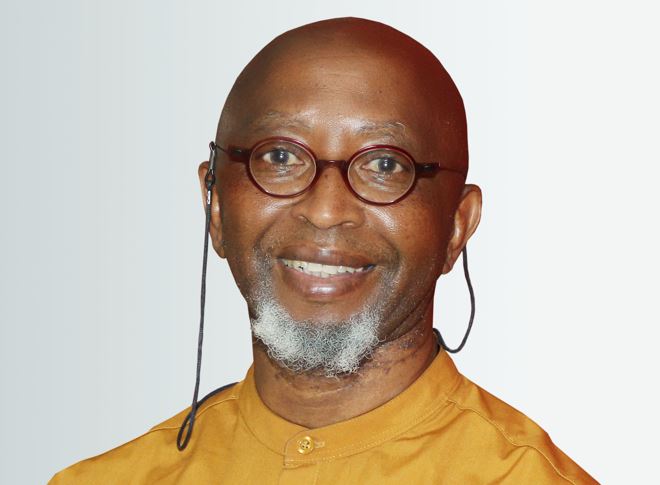
Championing indigenous knowledge-based bio-innovation systems
Prof. Motlalepula Matsabisa, a Professor in the Department of Pharmacology at the University of the Free State (UFS), is carrying out pioneering research into the safety and efficacy of medicines based on indigenous and herbal medicines.
His research covers the full value chain of drug discovery and development – from basic scientific studies to clinical trials of new medicines derived from indigenous natural remedies.
"Our cultural heritage includes centuries' worth of knowledge and insight, tested over time, that can be adopted and adapted for use today to enable communities and modern societies to contribute and become part of the mainstream economy, health, well-being and survival," says Prof. Matsabisa.
The research concentrates on major health challenges like cancer, diabetes, hypertension and neurological diseases. It aims to advance the research, development, formulation and clinical testing of based on the medical knowledge of South African communities.
Importantly, the UFS programme also seeks to provide communities with the skills to commercialise their indigenous knowledge into products. Its services include natural product research and development, product formulation, technology transfer, community training and providing policy guidance related to healthcare and indigenous knowledge.
By taking an inclusive approach to indigenous bio-innovation, Prof. Matsabisa and the UFS exemplify the Department of Science and Innovation's goal of enabling marginalised communities to benefit directly from their cultural knowledge. By combining tradition with modern life sciences in an ethical fashion, they aim to create equitable opportunities while advancing new healthcare solutions for South Africa.
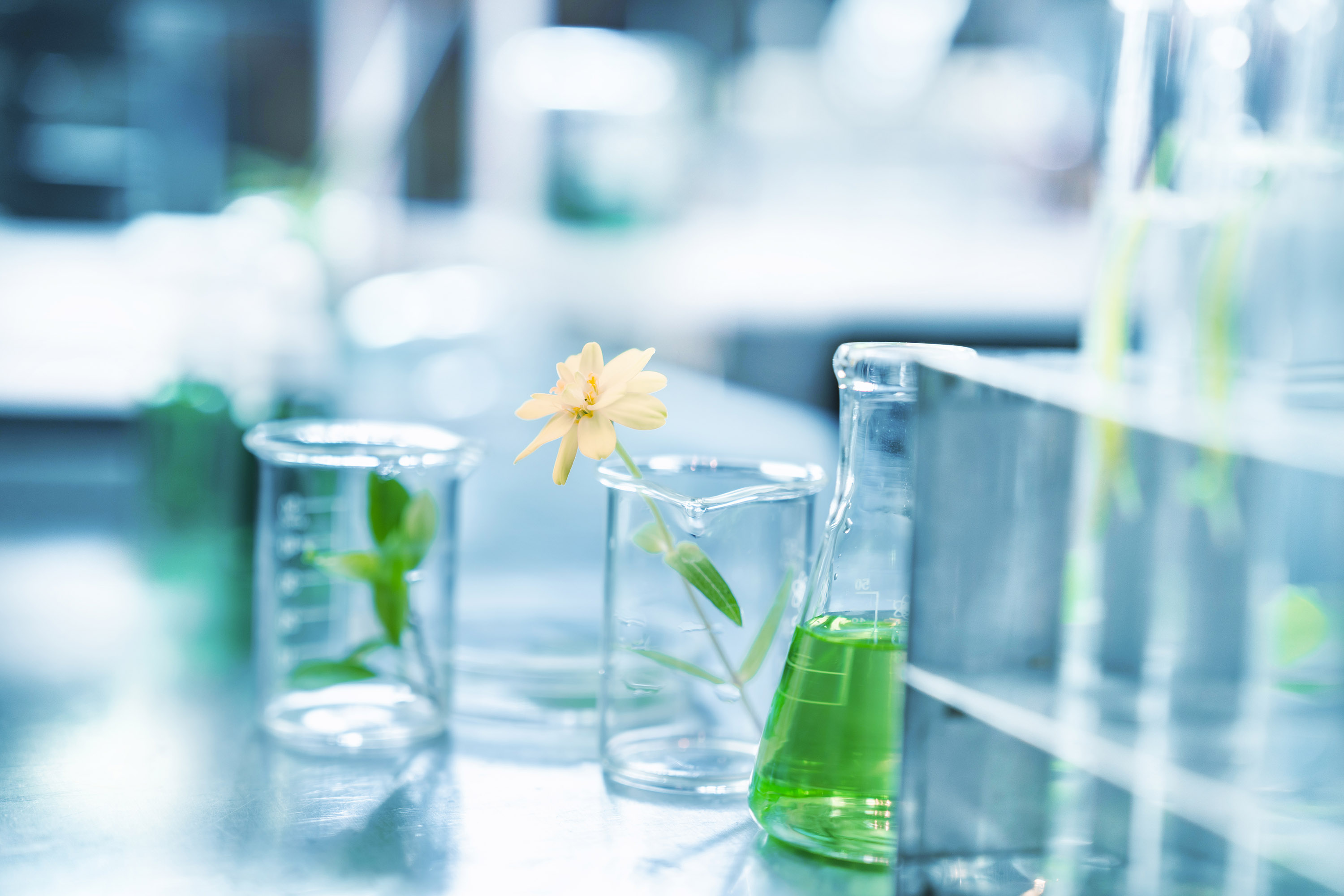
Supporting indigenous knowledge product development for SMEs
A collaboration between the University of the Free State and the Council for Scientific and Industrial Research (a DSI entity) epitomises the Department's commitment to turning indigenous knowledge into market-ready products from traditionally used herbal infusions and cannabis.
Their comprehensive offering covers every stage of the product development lifecycle, from product research to technology transfer and manufacturing process optimisation. This ensures new indigenous knowledge-based health products meet all the safety, efficacy and quality standards needed for consumer confidence and market success.
In addition to research and product development, the collaboration also provides training, policy guidance and solution implementation for indigenous knowledge holders interested in monetising their knowledge through ethical entrepreneurship and community upliftment initiatives.
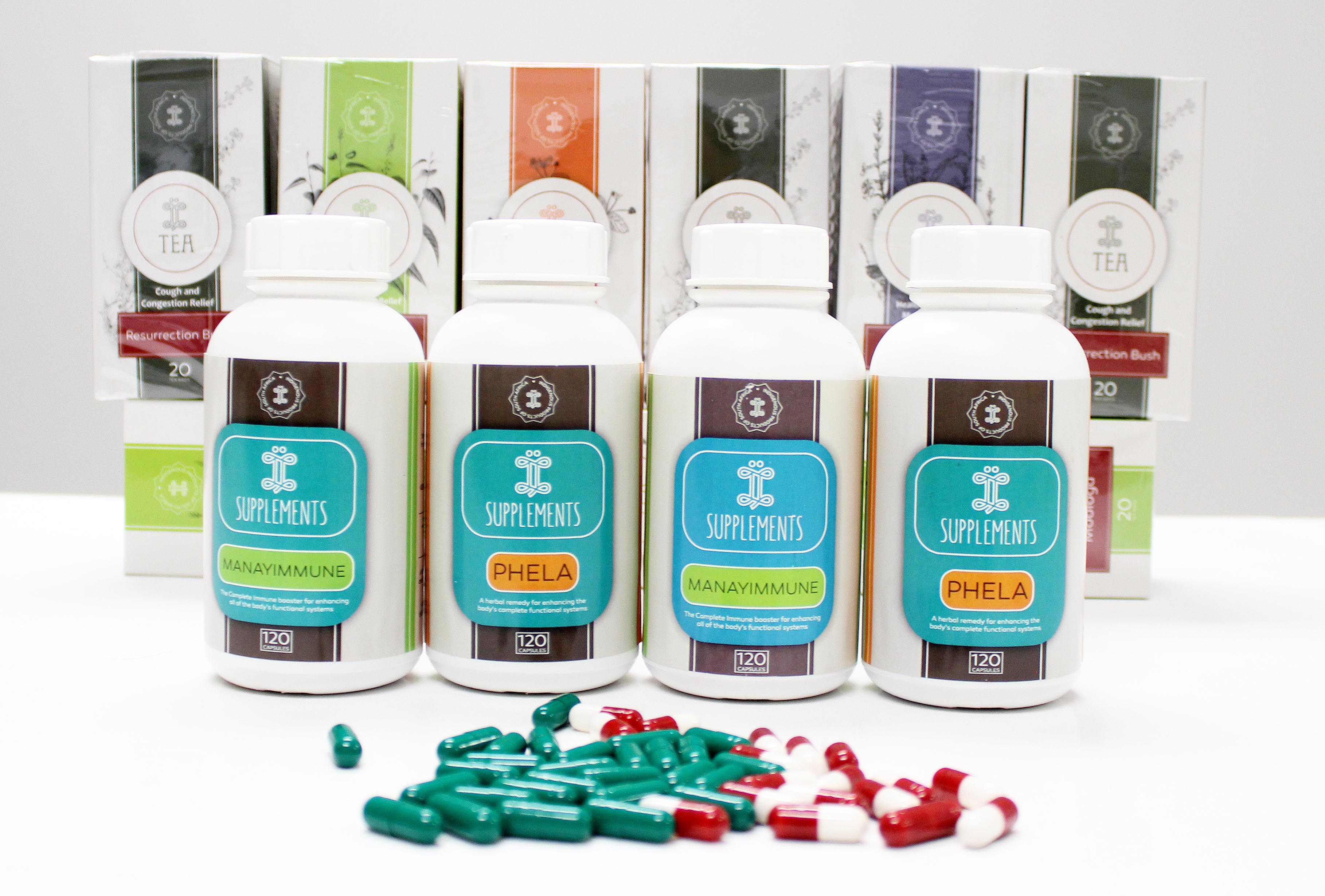
South Africa's indigenous knowledge-based products
By respectfully nurturing and amplifying South Africa's wellspring of indigenous knowledge through science and entrepreneurship, the Department of Science and Innovation and its partners are building the foundation for a healthier, more prosperous and culturally enriched future for all.
The DSI. Making sure it's possible.
